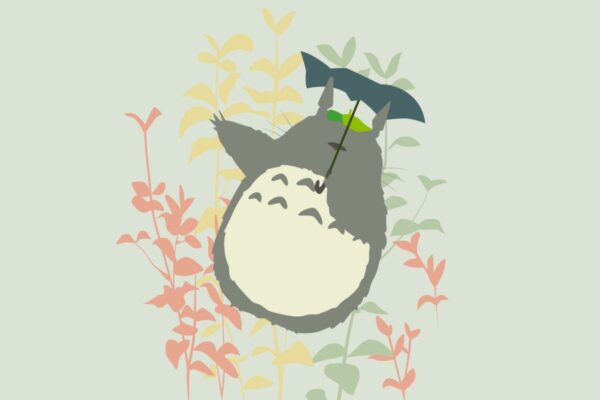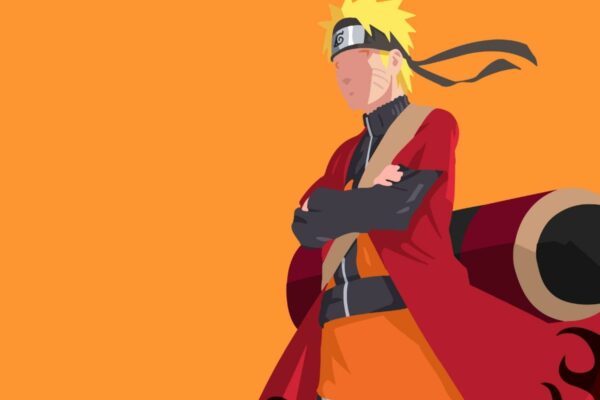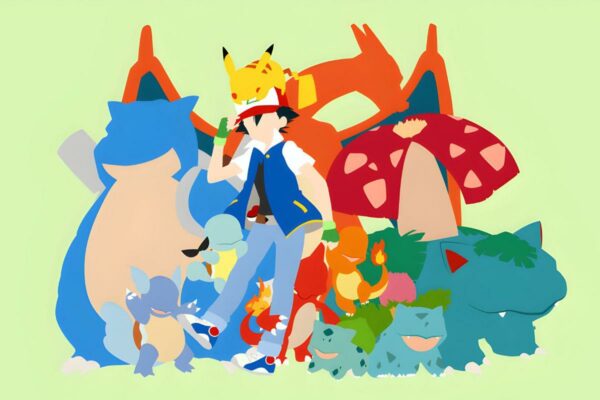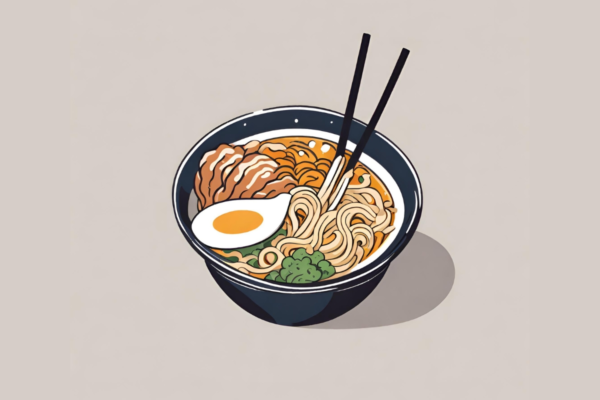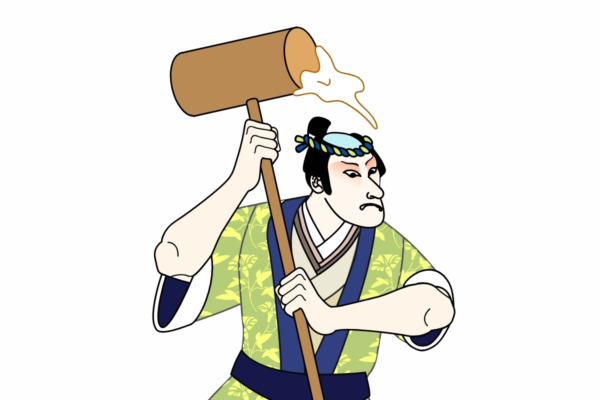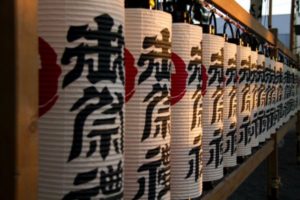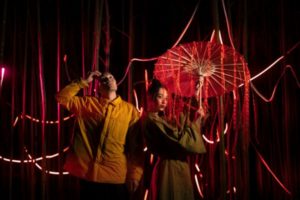Japan is a country steeped in tradition and folklore, and this is reflected in its various superstitions and beliefs. Some of these beliefs have been passed down through generations and are still widely embraced, while others have been cast aside with the changing times. In this article, we will explore eight Japanese superstitions and beliefs that shed light on the distinctive facets of Japanese culture.
1. The Lucky Number Seven

Japan’s reverence for the number seven is deeply rooted in its cultural heritage. This digit holds a special place due to its association with Buddhism, symbolizing the seven steps to nirvana. This belief is vividly showcased through the Seven Gods of Luck, known as “sichi-fuku-jin,” where “sichi” denotes seven in Japanese. On the 7th day of the New Year, a time of celebration ensues as people partake in “nanakusa,” a seven-herb porridge believed to ward off illness throughout the year. If Japanese culture captivates you, why not consider signing up for a trial Japanese class?
2. The Health Benefits of Vinegar

A prevalent belief in Japan is that consuming vinegar bestows good health and detoxifies the body. While this claim lacks scientific backing, it remains widely accepted. There may be more to the story than meets the eye. If you’re curious, consider engaging in conversations with locals and learn the nuances by changing your Snapchat location. A quick and effective way to unlock this experience is by installing VeePN and connecting to a Japanese server, bypassing regional restrictions in mere minutes.
Japanese superstition dictates that sleeping with your head facing north invites the ghost of your grandfather to haunt your dreams. Indeed, it may sound eerie, but their culture deeply ingrains this belief. They believe that negative energy draws ghosts, making it unwise to share your sleeping space with the supernatural. For a sound night’s sleep free of spectral encounters, align yourself parallel to Tokyo’s north-south axis, considering Japan’s unique geography as an island chain in the Far East. Talking about spectral encounters, if you like that you can check out the new Jujutsu Kaisen collection by Project x Paris.

4. The Tale of the Black and White Cats
In Japan, the path of a black cat can hold a significant omen. Believers consider that crossing your path from left to right brings misfortune, whereas a right-to-left crossing signifies good luck. This superstition stems from the idea that cats serve as divine messengers, warning of impending doom. On the flip side, people consider the encounter of a white cat, especially one that cleanses itself before passing you, as a harbinger of great fortune. White cats in Japanese mythology are associated with prosperity and happiness. Moreover this is the cause to the popularity of “maneki neko” figurines found in souvenir shops throughout Japan.
5. Weather Wisdom: Heavy Snow Predicts a Good Harvest

Japan’s agricultural roots have instilled a deep connection between changing seasons and weather patterns. Therefore superstition plays a role in predicting the harvest’s success. Moreover it emphasizes the importance of understanding these weather-related beliefs.

Japan boasts an array of intriguing superstitions, and the taboo surrounding umbrellas is no exception. These everyday objects carry layers of meaning, linked to funerals and misfortune due to their role in shielding mourners from the sun during cemetery processions. Additionally, Amaterasu, the Shinto deity, associated umbrellas with her, permitting her brother Susanoo to use her blood to create humanity. During tri-annual festivals honoring Amaterasu, mourners wielded yellow umbrellas, symbolizing mourning and featuring curved tips reminiscent of a crescent moon, reflecting her celestial form.
7. Cherry Blossom Color Predicts Winter Length

Before the advent of scientific weather forecasts, people relied on their observations of the natural world to predict weather patterns and determine necessary actions for maintaining their farms. One such traditional indicator of winter duration is the colour of cherry blossoms.
In Japanese folklore, it is said that the lighter the colour of the cherry blossoms, the longer the winter will be. This is because lighter coloured blossoms tend to bloom earlier in the season when the weather is still cold. Conversely, darker coloured blossoms tend to bloom later in the season, when the weather is warmer.
This traditional belief is thought to have originated from the influence of Shintoism, an indigenous Japanese religion that perceives nature as the abode of gods. Shintoists believe that the natural world is interconnected and that humans should live in harmony with it. As a result, they have developed a deep understanding of the natural world and its patterns.
8. Knife and Scissor Drops
An ancient Japanese superstition dating back to around 1200 B.C. claims that when a knife or pair of scissors falls to the ground, it foretells bad news. The belief is rooted in the idea that objects falling from above can shorten one’s life. This superstition still holds sway in Japan, and if you happen to witness a falling knife or scissors, seize them quickly to ward off ill fortune.
The culture and traditions of this captivating nation deeply ingrain these Japanese superstitions and beliefs, even though they lack scientific validation. Each belief reflects a unique facet of Japanese life, showing that while science may explain much, there are some mysteries we still hold close to our hearts. Explore these Japanese superstitions and beliefs to discover the rich tapestry of Japanese culture.










